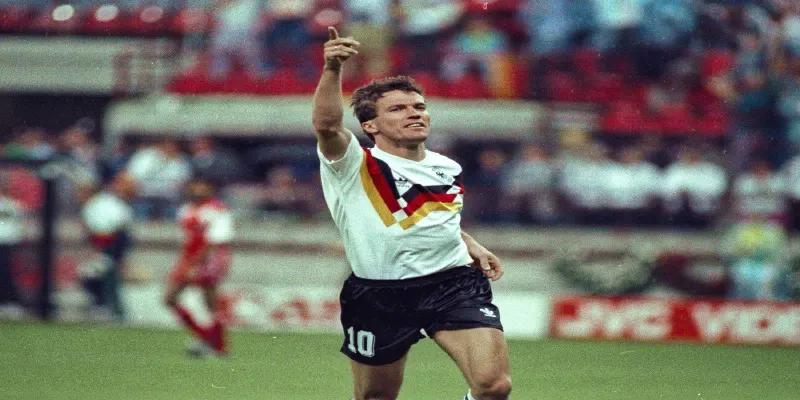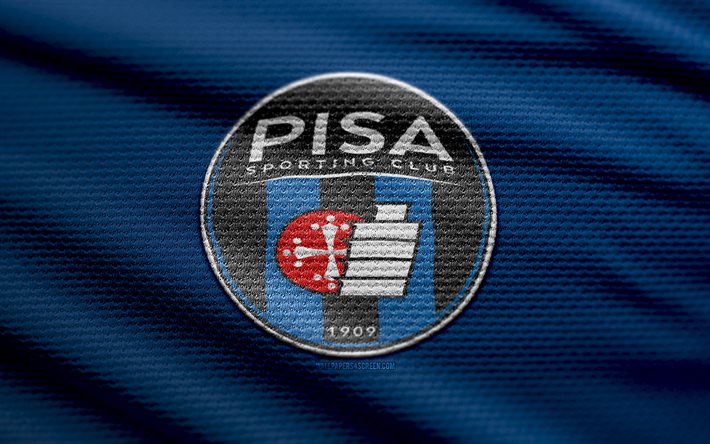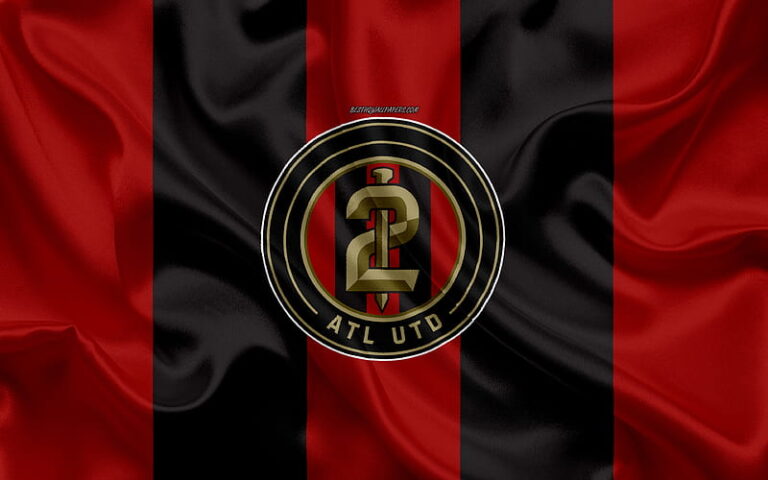
Lothar Matthäus: German Football Legend
Lothar Matthäus stands as a true icon of German football, known for his unmatched leadership, vision, and versatility on the field. From World Cup glory to club triumphs, his career is a masterclass in excellence. His influence still shapes the game today, inspiring new generations. Discover how F168 played a part in celebrating legends like Matthäus and how his legacy continues to thrive.
Lothar Matthäus: A Football Legend
Lothar Matthäus’s journey in football serves as an inspiration to aspiring players and fans worldwide. His passion for the game and unyielding dedication contributed significantly to his remarkable career and the success of the German national team.
Early Life and Background
Born on March 21, 1961, in Erlangen, Germany, Matthäus grew up in a modest household. His love for football ignited at an early age. As he honed his skills, it became clear that he had extraordinary talent. Enrolling in a local youth academy, Matthäus’s hard work began to pay off when he joined 1. FC Nürnberg, further scorching a path toward his illustrious career.
The critical aspect of Matthäus’s development during this period was the combination of natural talent and relentless effort. His drive to improve laid the foundation for his future success and was a testament to the discipline he would later exhibit both on and off the pitch.
Career Beginnings
Matthäus made his professional debut for 1. FC Nürnberg in 1979. Although he was primarily a midfielder at the time, his versatility allowed him to play in multiple roles. His performances quickly caught the attention of larger clubs, and in 1984, he transferred to Borussia Mönchengladbach.
At Mönchengladbach, Matthäus showcased his abilities on a larger stage. He became known for his dynamic playing style, showcasing stamina, agility, and a keen tactical understanding of the game. It was here that he began to carve out his niche in the world of football, setting the stage for his eventual rise to superstardom.
Transition to International Football
Matthäus’s national team debut came in 1980 when he was selected to represent West Germany. His contributions were immediately recognized, and he stood out in various international tournaments, helping his country achieve notable success.
Through a combination of leadership qualities and technical prowess, Matthäus solidified his place in the squad, becoming a crucial component of Germany’s national team. He formed partnerships with other top-tier players and consistently elevated the team’s performance on the international stage.
Career Highlights of Lothar Matthäus
Lothar Matthäus’s career is marked by an array of illustrious moments that define his status as a football legend. Throughout his playing career, Matthäus achieved numerous milestones that not only showcased his talent but also contributed to the success of his teams.
Club Career Success
During his club career, Matthäus played for prominent teams such as Bundesliga giants Bayern Munich and Inter Milan. His time at Bayern Munich was particularly fruitful, with Matthäus winning multiple Bundesliga titles and other domestic competitions.
His move to Inter Milan in 1988 marked a significant chapter as he evolved into a world-class player in Serie A. During his tenure at Inter, Matthäus helped the club win the Serie A title, providing them with a much-needed boost during a competitive era marked by legendary players.
International Achievements
On the international front, Matthäus was central to Germany’s success in the late 1980s and early 1990s. His first major tournament exposure came during the 1982 FIFA World Cup. Next, in the 1984 European Championship, Matthäus’s performances began to attract widespread attention.
The pinnacle of Matthäus’s international career came in 1990, when he captained the West German national team to victory in the FIFA World Cup, held in Italy. This historic win marked West Germany’s third World Cup title and solidified Matthäus’s legacy as a footballing icon.
Awards and Recognitions
Over his career, Matthäus received numerous awards and accolades that recognized his contributions to football. Notably, he was awarded the FIFA World Player of the Year in 1991—an esteemed recognition that affirmed his status among the world’s best players.
Beyond individual accolades, Matthäus also captained his teams to victory in several significant competitions, including national and international tournaments. His ability to perform in crucial matches distinguished him as a player capable of rising to the occasion.
Lothar Matthäus’ Impact on German Football
Lothar Matthäus‘s influence goes beyond the accolades and records; he fundamentally changed the way football is played in Germany. His career served as a model for future generations, and his innovations on the pitch were pivotal to the success of the German national team.
Tactical Evolution in German Football
Matthäus had an innate ability to understand the tactical nuances of football. His strategic brain allowed him to not only excel as a player but also to contribute to the broader tactical evolution of German football.
He effectively combined physical attributes with a sharp footballing intellect, allowing him to execute precise plays that showcased the importance of tactical discipline. This dimension of his game would go on to influence the younger generation of players, making them more aware of the tactical aspects of football, leading to an overall improvement in the standard of play.
Inspirational Leadership
As one of the few players to captain Germany to a World Cup victory, Matthäus also set a standard for leadership. He was renowned for his passion, commitment, and ability to inspire teammates. His leadership qualities were evident not only through his captaincy but also in how he led by example on the pitch.
Matthäus’s successes encouraged many young footballers in Germany to pursue their ambitions, fostering a culture of determination and excellence. His accomplishments served as a reminder that hard work, talent, and a strong work ethic would yield results.
Mentorship for Young Players
Beyond his playing days, Matthäus continued to impact German football through mentorship roles and coaching. By sharing his footballing insight and experience, Matthäus contributed to the development of upcoming talents, ensuring that the legacy of German football continued in the right direction.
He often conducted workshops, seminars, and training sessions that emphasized various aspects of being a professional footballer. This dedication to nurturing talent further demonstrates Matthäus’s deep commitment to the sport and his unyielding desire to contribute to the future of German football.



